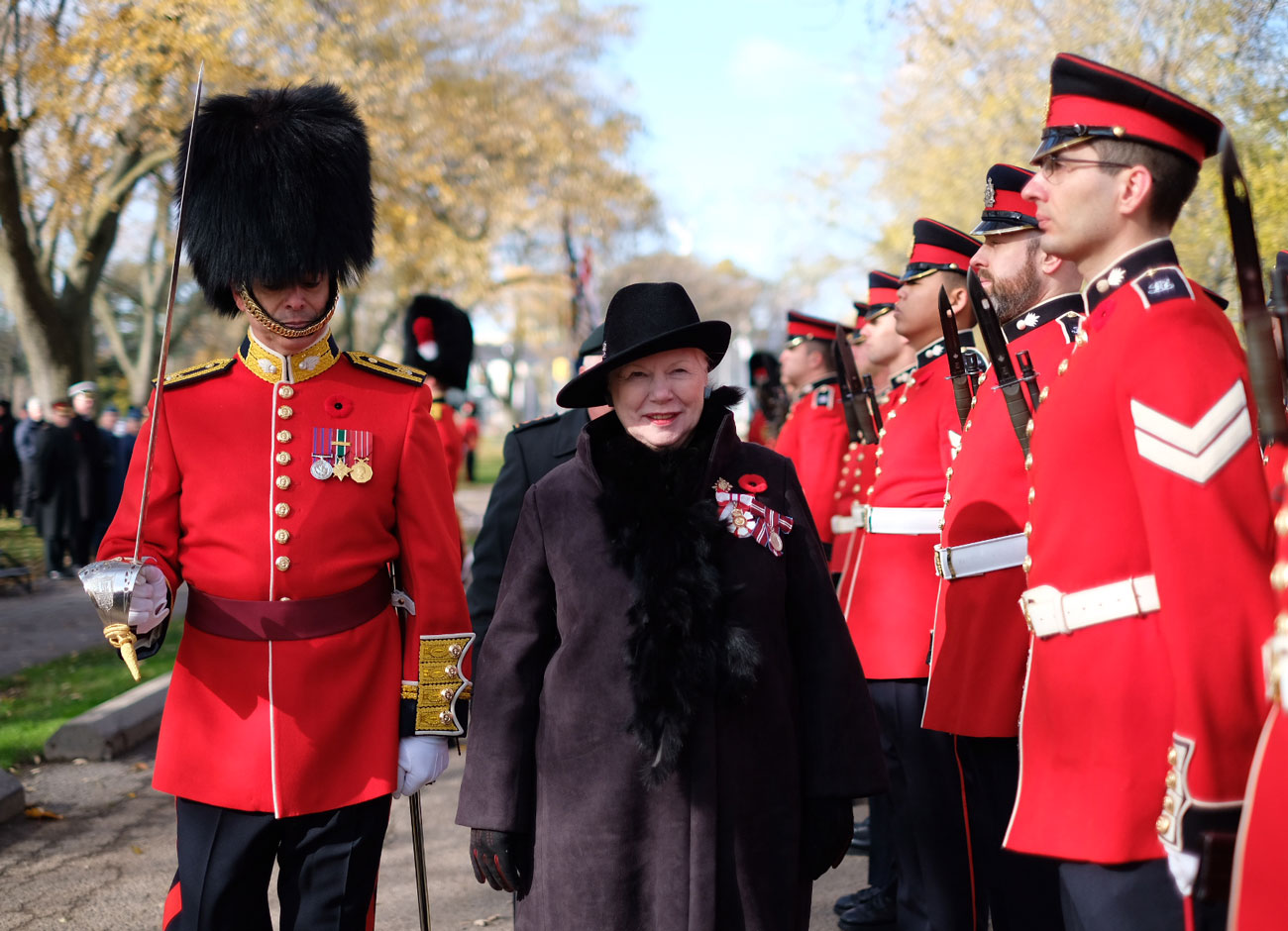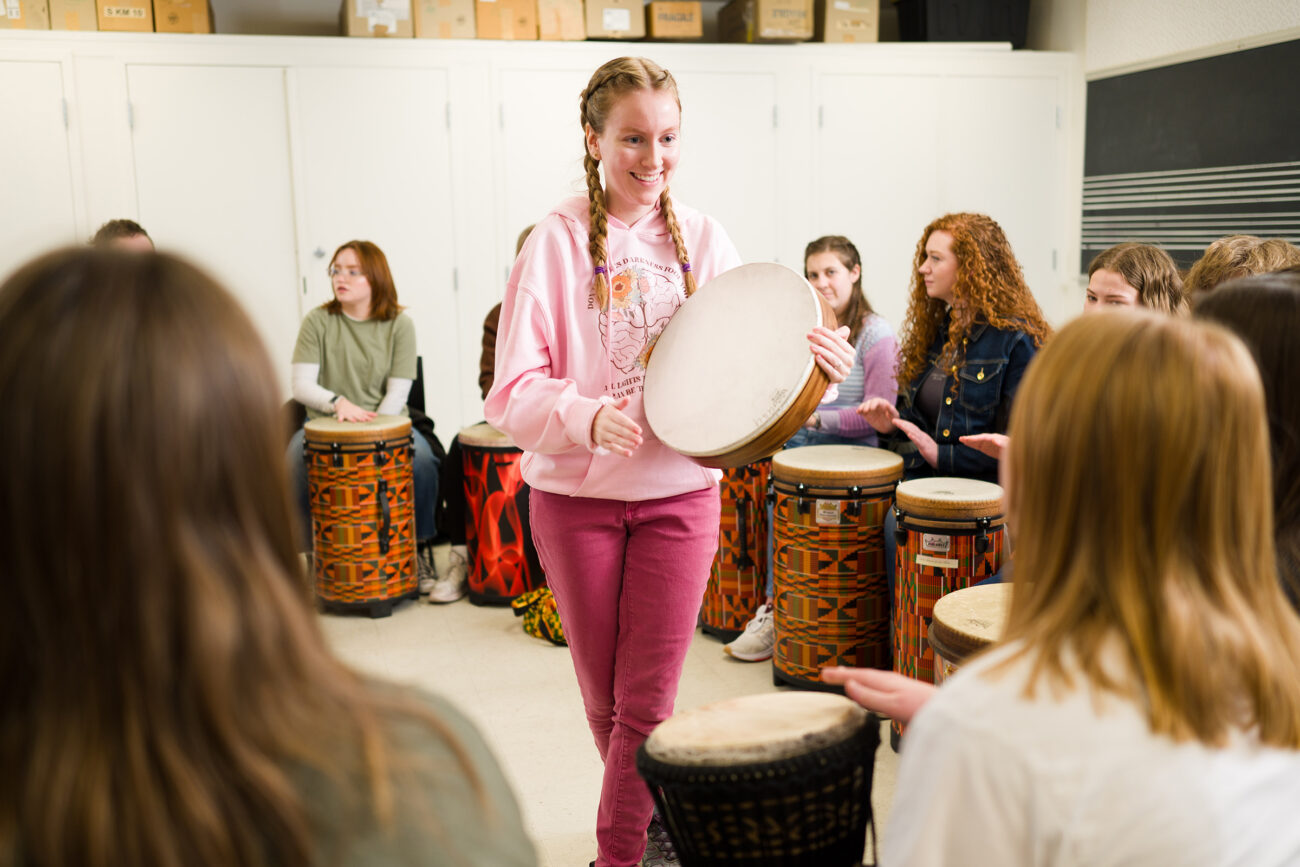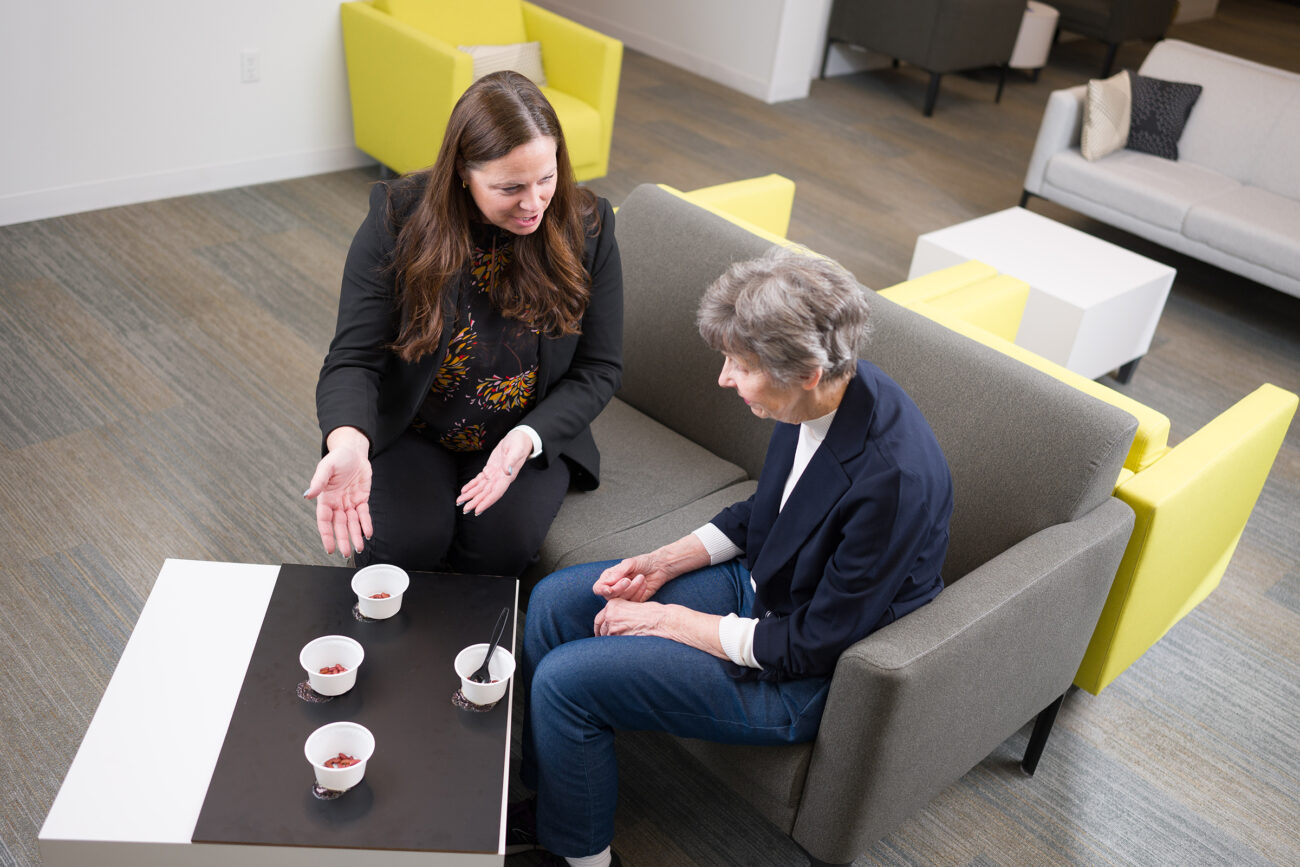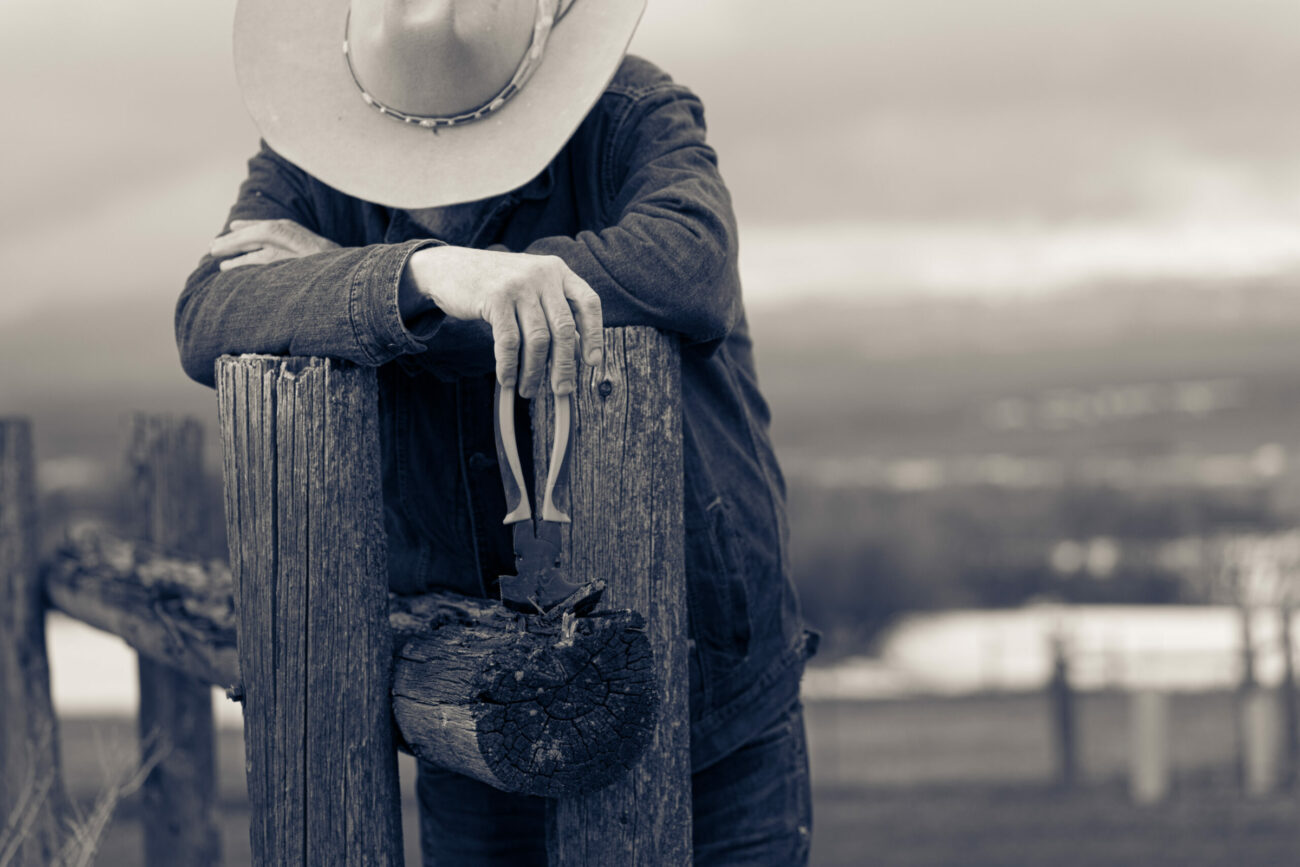Snapshots in Belonging: Service for Life on Earth

The Lieutenant Governor of Ontario is considered an extension of the British crown focused on ensuring the Canadian constitution is followed in the province and on building civic pride.
“A lot of my work is to know the hearts and minds and souls of our citizens,” Elizabeth Dowdeswell M.S. ’72, told Utah State University students during a book club meeting in March.
(Her selection: Commanding Hope: The Power We Have to Renew a World in Peril by Thomas Homer-Dixon).
Shortly after her 2014 appointment, Dowdeswell began visiting communities around the province and realized something was missing: people don’t share their stories with one another. Dowdeswell, the first woman to serve as executive director of the United Nations Environment Programme, declared herself the province’s “chief storyteller” and has been sharing stories of Ontarians ever since. For her, storytelling is a powerful tool for growing empathy between disparate people and world views. Empathy can help us to understand differences—and potentially—to overcome them.
When COVID-19 sent Canadians into lockdown, the hundreds of ceremonial events Dowdeswell holds each year were shifted online. Still, she trekked to the office every day to provide a sense of stability and picked up the phone, dialing hundreds of local leaders from around the province. “I needed to know for myself how people were,” she says.
She looked for avenues to promote social cohesion. Because there is nothing like a pandemic to reveal humanity’s interconnectedness—it is both the problem and the solution.
“We are not through it until we are all through it,” Dowdeswell says.
The pandemic has laid bare the fundamental inequities of society, she adds. Many of us were “able to self-isolate on the backs of others,” as jobs deemed essential, such as farm work, are often held by newcomers. She acknowledges the desire for normalcy, but the self-described “eternal optimist” wonders, what if things could be better?
After the U.N.’s 1992 Conference on Environment and Development in Rio de Janeiro, where 154 nations pledged to curb greenhouse emissions, Dowdeswell called for “constructive damage to the status quo.” The key word is constructive, she notes. She believes the time for similar bold vision is now.
Because her position is apolitical, her office is considered a safe space for conversation, Dowdeswell says. “It’s amazing how that frees up the opportunity for people to learn about issues that they don’t know much about, to have conversations with others that they may not have met before, and to really think about something that is longer than what I call short-termisms.”
Because the big issues we face span decades, not election cycles.
The former teacher turned public servant studied home economics in college and earned her master’s in behavioral science at Utah State. Dowdeswell was Canada’s Deputy Minister of Culture and Youth and head of the Atmospheric Environment Service before being tapped to lead UNEP. She admits the links tying her eclectic career together are not obvious. But when viewed through the lens of an interpreter, the theme of her life’s work is apparent: Dowdeswell brings people together to tackle seemingly insurmountable problems—not exactly work for pessimists.
The motto on her coat of arms is “service for life on earth.” Dowdeswell lives by it.
By Kristen Munson
View the conversation with Her Honour Elizabeth Dowdeswell in full.





